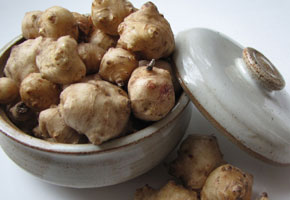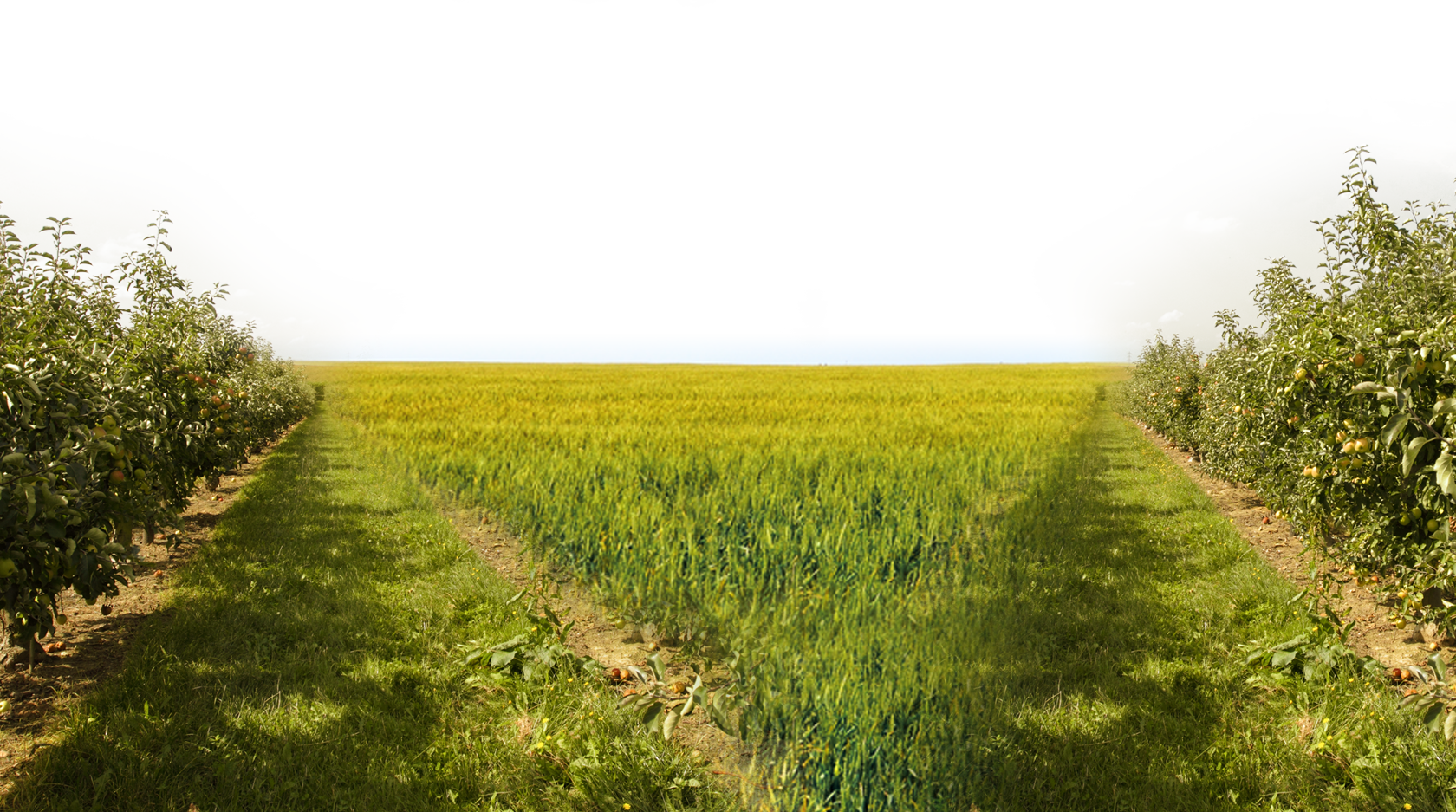
Jerusalem Artichokes – a great source of Prebiotics!
By Dr. Daria | 0 Comments | Posted 09/21/2014
Jerusalem artichokes are a great source of Prebiotics…. Prebiotics, not Probiotcs! Surely you’ve heard about probiotics, the “friendly” group of bacteria that must live in our GI tract for our health and survival. Read my fellow Oatie Linda’s blog about Probiotics for a great overview. The value of a healthy balanced population of friendly bacteria is dramatic.
In my medical practice, some of our testing looks at the amount and type of friendly bacteria that is actually present inside a particular patient. These bacteria do many good things, including the creation of the fuel sources needed by the cells that line our intestinal tract. Here’s how it works (in simple terms):
- Prebiotics are certain types of fiber (from our diet or as a supplement) that are digested by friendly bacteria (probiotics). The digested components are not taken into our bloodstream, so the digestion that occurs here is for GI health directly.
- The digestion of prebiotics by probiotics leads to the creation of different SCFA (small-chain fatty acids) that are used as the major fuel source for the cells that line our GI tract. The health of those cells is directly tied to having enough probiotics to make SCFAs and enough prebiotics for your probiotics to digest.
Again, back in my practice, I can check for the types and amounts of probiotics present and also the types and amounts of SCFAs present. So, when a patient has low probiotics, and/or low levels of SCFAs, the addition of prebiotcs is always recommended. And, this is not just for GI health! The health of the GI tract is directly tied to your overall health.
So, how can you make sure your diet contains prebiotcs? It is actually a bit of a challenge. Here’s where the jerusalem artichoke comes in! All prebiotics are fiber but not all fibers are prebiotics. Eating high fiber foods in general is a good start. Of the foods considered high in prebiotics, one of the best sources is jerusalem artichoke, also known as sunchoke. There is no relationship between jerusalem artichokes and regular artichokes …. so don’t head out to the store to buy artichokes thinking you’ll get prebiotics! Jerusalem artichoke is from the root of the plant, just like potatoes, yams and carrots. You’ll find them at the grocery store and they look a lot like ginger. They can be eaten raw (sliced thinly) or cooked. Cooking does not destroy the prebiotic effect. It is actually fun to figure out ways to add a small amount of jerusalem artichoke to your meals. They are great added raw to a salad. They are great added to a potato au gratin dish (3 parts potato to 1 part jerusalem artichoke). One of my favorites is roasted with cauliflower and brussels sprouts!!
So, if you haven’t discovered jerusalem artichokes before, now is a good time. Other high fiber foods have some prebiotics, so all high fiber foods are good for you. You don’t need to go overboard. Jerusalem artichoke, or sunchoke, is a great source of prebiotics, and a fun addition to your healthy meals!
Additional Resources:
http://www.ncbi.nlm.nih.gov/pubmed/23609775
http://www.ncbi.nlm.nih.gov/pubmed/23498848
http://www.ncbi.nlm.nih.gov/pubmed/23303175


 Contact us
Contact us



























